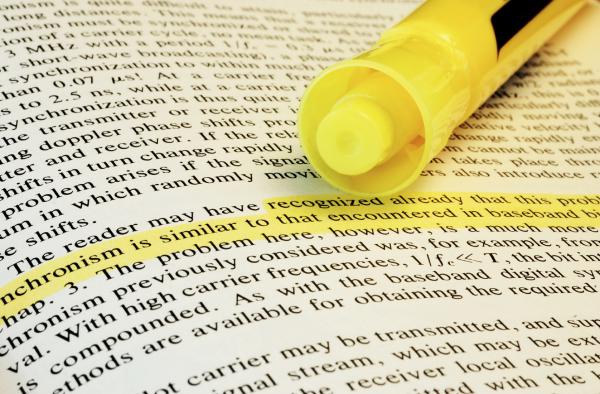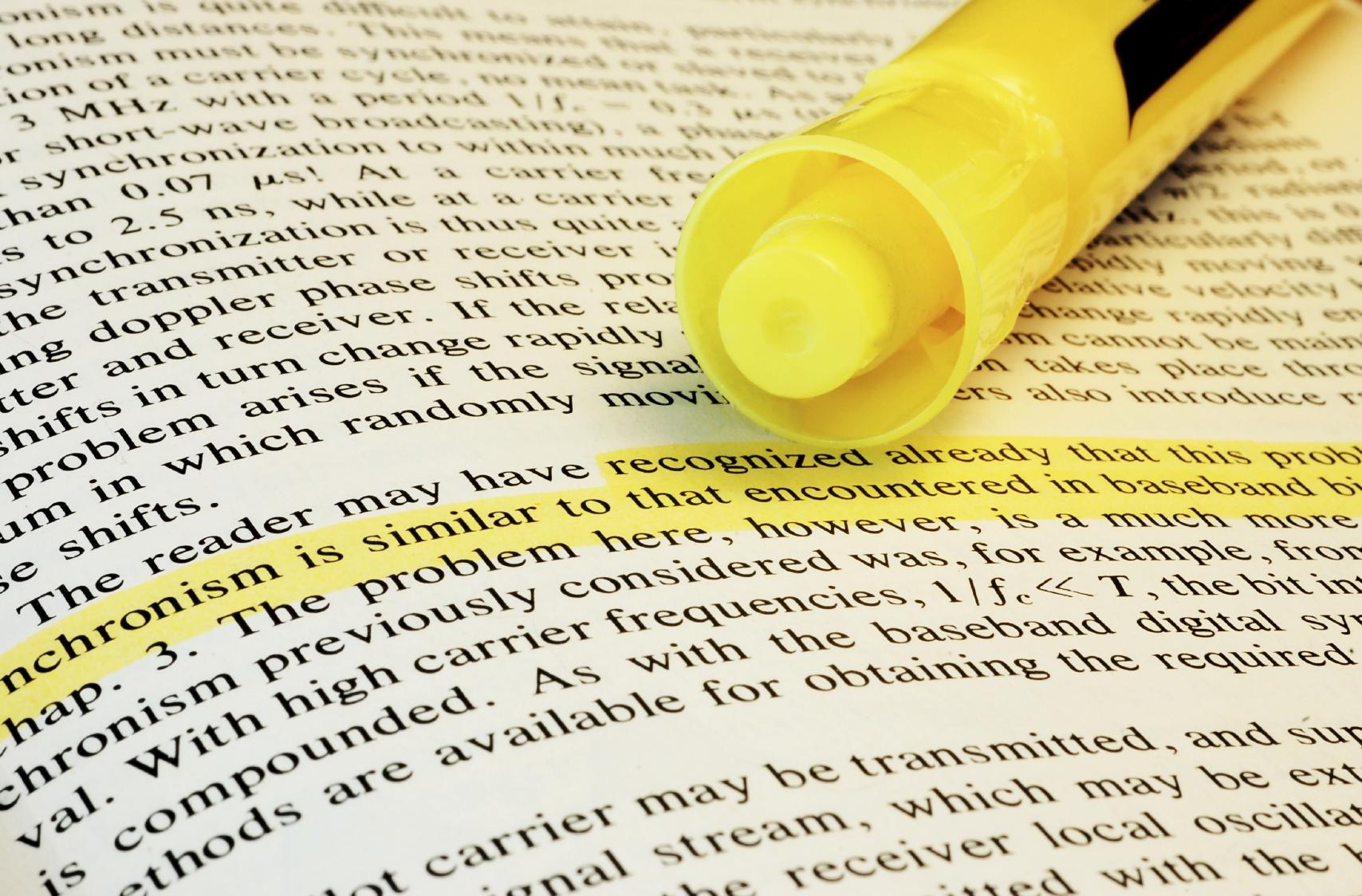How to Write a Text Analysis Essay


Analyzing a text means interpreting the information that is written in that text, breaking it down to gather all the information and learn the meaning behind what it's written in the text. When you're analyzing a text you're examining how the author presents his or her arguments within the text and whether these arguments work or not and why.
Writing up a text analysis is a very common secondary school activity which can often come up in exams. Therefore, it is crucial to know how to write a good text analysis as it can help you get better grades. Analyzing texts correctly will also help you to understand better what you're reading, therefore improving your comprehension. If you want to improve your writing and perform great in your exams, read this oneHOWTO article and find out how to write a text analysis essay.
Steps to follow:
The first thing to do is read the text with agility to understand the general idea of it. At this time you have to enjoy reading and not analyse every element of the text, but simply understand the general concept.
Once you've understood the main idea of the text, make a detailed and careful reading of it. In this second, more detailed read, you can underline the most important terms and take note (on a separate sheet of paper) of the ideas that come to mind both directly related to the text and which refer to general information about the author in order to prepare for your analytic essay.

Once you've made the second read of the text it is time to locate which is the subject of the text. In this case the student should ask: what is the text about? This question can be answered in several ways at once:
- You can try to find a title for your text. This title needs to sum up the whole idea of it, so it will be good to find out the subject.
- You can make a list with the key points written in the text. These points will help you get an idea of the main topic that connects all them.
- Place the text within a discipline. Does it talk about psychology, history, ethics, theology...?
After interpreting, understanding and assimilating the text we must begin to draft the text analysis. During the drafting of the analysis it is necessary to put all the information we have prepared in the previous section, distributing it according to the initial request. We must stick to the question and locate the information where appropriate and trying not to repeat the same in each answer.
It is very important to keep the text analysis organized, as chaos in writing the information is one of the most common errors. To avoid this, it is best to make a summary of what was written down whilst reading the text before you start writing. For this we can take the following steps:
- You can list or classify the most characteristic of the author's concepts.
- You can comment separately on each of these terms in the context of the idea of the author and also show the difficulties of interpretation. In other words, consider if the author's ideas are stated clearly and whether they make a point or not. Are the author's arguments supported?

Now that you have a draft, it is time to contextualize the text in the author's work.
You should start your analytical essay by relating the text with a brief reference to the author, as well as the historical period and philosophical context in which he/she lived. The author's philosophy should be explained through the ideas found in the text under analysis.
- Frame the text in the author's body of work. Compare it with other works from the same author.
- Say if the author has changed his/her mind in relation to the topics stated in the text you're analyzing (maybe the author had another point of view before or after writing the text you're analyzing)
- Write down the key ideas from the author (the ones that appear in the text)
- Contextualize the author in historical times.
- Mention possible influences of other authors.
Note that in this part of your essay you should paraphrase some of the author's work to reinforce what the author's ideas ore. Make sure the sentences are no longer than two passages for each of the paragraphs you write or it may be considered plagiarism.
On the other hand, you can also use quotes instead if you prefer, but make sure they are those that summarize the author's ideas better.
After talking about the author it is time to write the critical commentary. This is the part in which you'll be talking about what you've read in the text.
- State the difficulties of interpretation. This can detect inconsistencies or contradictions in the text.
- Discuss the content of the text assuming opposing alternatives (Example: 'If the author were not to assume these to be as such then we would reach these other conclusions and we would not fall into these problems and would solve these other ones').
- Compare with other authors to see what responses they have to the same problem. Subjective comments should never be included, for example 'I agree with what the author says' or 'what the author says is correct'.
As with every text, your text analysis should also be written following the Introduction, Body and Conclusion scheme. This will help keeping the analysis more structured and the ideas will be easier to read and understand.
To finish your analysis, gather the conclusions you have gotten to through your critical commentary, making sure you state each and every one of the points you made and relating them to the author's context, making sure you don't add any information or ideas you hadn't previously written about in the text.
Once you've finished writing your text analysis essay make sure that there are no grammar or spelling mistakes, as this could lead to lower grades. You should also make sure you have written the right amount of words for your essay. Though the length of an essay will depend on you or your assignment, make sure that the longest part of your analytical essay is the body, i.e context and critical commentary; and not any of the other parts of the essay.
If you want to read similar articles to How to Write a Text Analysis Essay, we recommend you visit our Learning category.
Tips
- An adequate formal presentation is essential.
- There can be no spelling mistakes. A presentation which lacks care or the presence of syntactic errors or inconsistencies lowers the analysis
- Sentences and paragraphs should not be too long. We also have to respect the lateral margins and spaces between paragraphs.
- You have to write your analysis in the appropriate register, avoiding colloquial expressions.
- An analysis will improve if we can include literary, artistic or scientific references. Our text will gain in richness and originality.
- Never use the first person in the analysis. The text analysis is not about what YOU think about the text but about how the author has presented his/her arguments in it.






